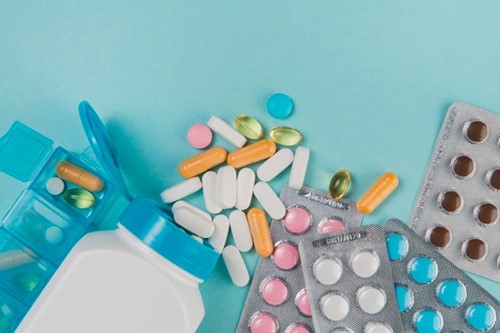This type of hepatitis is caused, in addition to excessive consumption of alcohol or medications, by taking nutritional supplements or harmful chemicals. Toxic hepatitis tends to improve almost completely after exposure to the chemical, substance or factor that is triggering the disease is stopped.
However, if recovery does not occur in this manner, it should be noted that cirrhosis (irreversible scarring of liver tissue, according to Mayoclinic) may result. Cirrhosis can develop into severe liver damage, which may require future liver transplantation.
Symptomatology:
If you have any of these signs, it is important to see a doctor. When toxic hepatitis is in its early stages there are no symptoms, but when they appear they may be:
- Fever
- Weight loss
- Physical exhaustion
- Itching and skin rashes
- Dark urine
- Nausea and vomiting
Among the medicines that could cause toxic hepatitis, Paracetamol stands out. It is of utmost importance to go to the emergency room in case of having consumed a high dose of this drug. Now, as for the signs that the body presents before an overdose of paracetamol are:
- Pain in the upper abdomen
- Nausea and vomiting
- Loss of appetite
- Eat
Causes of toxic hepatitis:
Toxic hepatitis occurs when the liver becomes inflamed as a result of a toxic substance present in the body, and although the liver breaks down most drugs when exposed to a large amount of them, it could be affected. Taking this into account, toxic hepatitis can be caused by:
- Alcohol. Excessive and prolonged consumption may cause alcoholic hepatitis, which can lead to liver failure.
- Over-the-counter painkillers. Acetaminophen, aspirin, ibuprofen and naproxen can severely affect the liver.
- Prescription drugs. The mixture of drugs such as amoxicillin-clavulanate, phenytoin, azathioprine, ketoconazole, certain antivirals and anabolic steroids.
- Herbs. Although aloe vera is recommended for many other conditions or as a home medicine, it is among the dangerous herbs for the liver, as well as black cohosh, cascara sagrada, chaparral, comfrey, kava and ephedra.
The best ways to prevent this type of hepatitis is to reduce the intake of medicines, take them according to the doctor’s indications, do not mix them with alcohol, be careful when in contact with herbs or supplements (such as vitamins, which must be consumed in a responsible way).
In case of facing any type of liver disease, nutrition will be a key part of the future recovery. Although this must be adapted to the patients, since the nutritional status will be affected as a result of the pathology.














